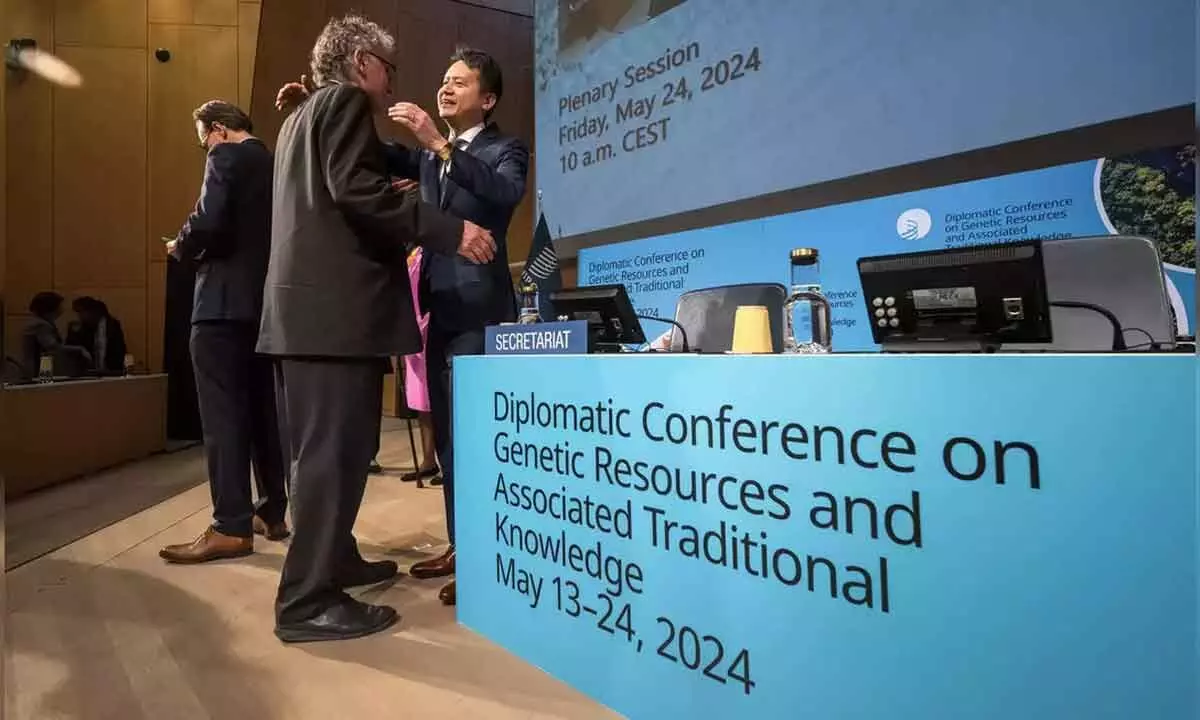New WIPO treaty is a big win for biodiversity rich countries
This treaty is a first for WIPO, specifically recognising the rights of indigenous peoples and local communities regarding their traditional knowledge
image for illustrative purpose

The treaty is a welcome step, as contracting parties claiming inventions in their patent applications based on genetic resources must disclose the country of origin or source of these genetic resources - Subhajit Saha, Head of Legal & IPR at Resolute Group
The World Intellectual Property Organization (WIPO) Treaty on Intellectual Property, Genetic Resources and Associated Traditional Knowledge was approved on 24 May, 2024, in the diplomatic conference. This treaty will help to create an interface between intellectual property, genetic resources and traditional knowledge after two decades of negotiations. This is the first WIPO treaty to include provisions specifically for indigenous peoples as well as local communities.
The treaty, once it enters into force with 15 contracting parties, will establish in international law a new disclosure requirement for patent applicants whose inventions are based on genetic resources and or associated traditional knowledge.
Subhajit Saha, Head of Legal & IPR at Resolute Group, mentioned that the treaty is a welcome step, as contracting parties claiming inventions in their patent applications based on genetic resources must disclose the country of origin or source of these genetic resources.
Further, the treaty also mandates that if any invention is claiming traditional knowledge associated with genetic resources, then each contracting party shall require applicants to disclose the indigenous peoples or local community, as applicable, who provided the traditional knowledge.
Saha mentioned that genetic resources per se cannot be directly protected as intellectual property, inventions developed using them can, most often be protected through a patent. This treaty will help the developing countries to protect and preserve their genetic resources and traditional knowledge by giving them due credit with benefit sharing and royalties during the patent filing process and later getting commercialized. With this treaty being formalized, genetic resources and associated traditional knowledge will enter the realm of intellectual property rights in global platform to incentivize innovation in a more inclusive way by responding to the needs of all countries and their communities.

